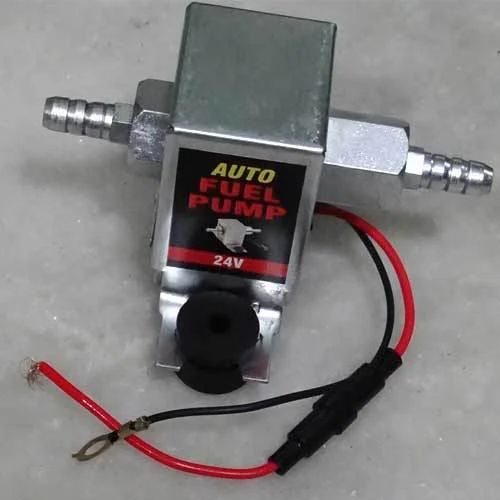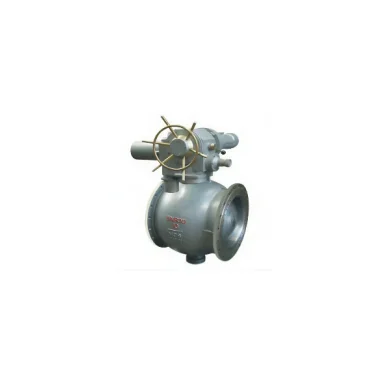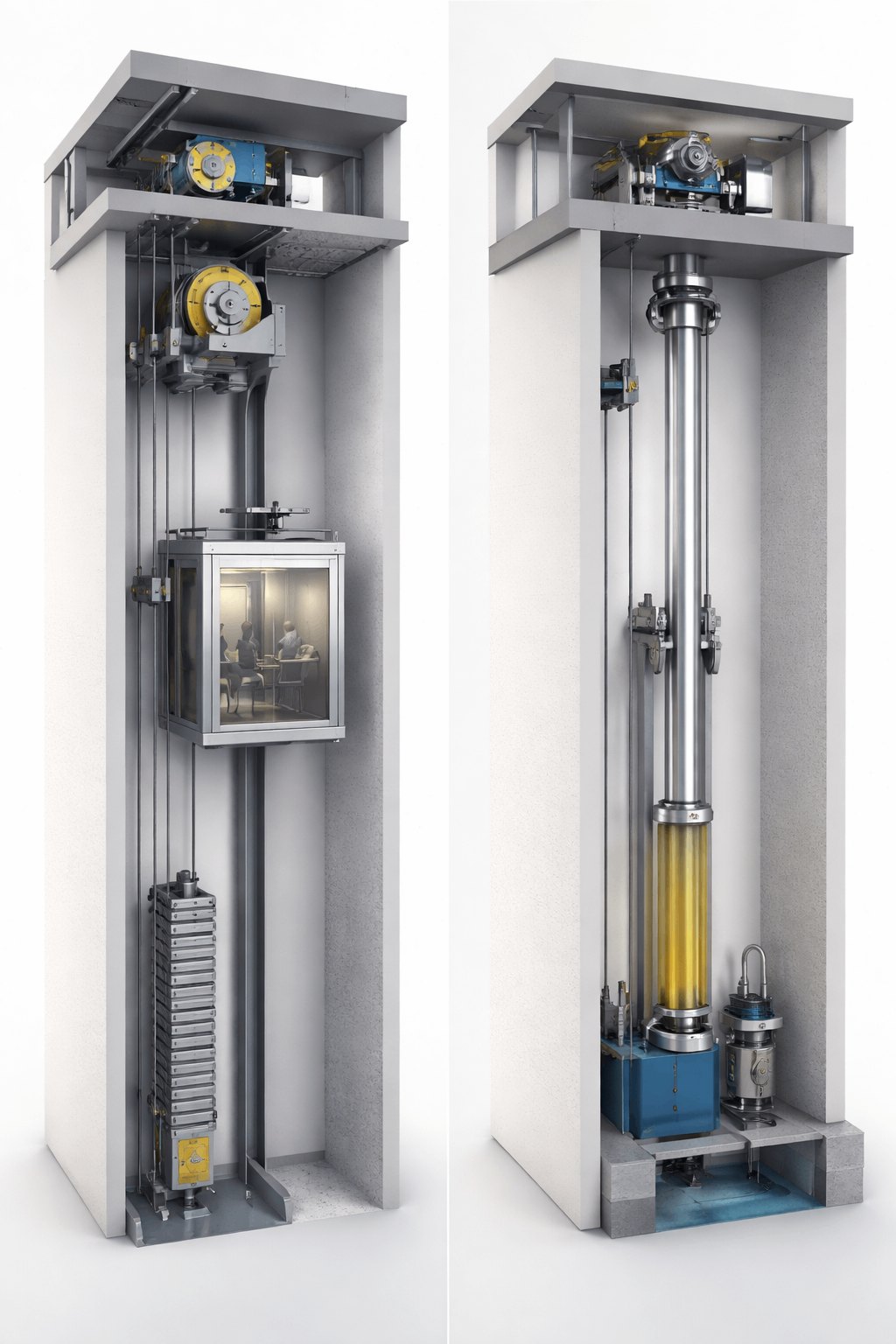Unveiling the Inner Workings of Car Fuel Pumps: Exploring the Different Types and Their Functionality

Car fuel pumps play a crucial role in the efficient functioning of a vehicle's engine. They are responsible for delivering the required amount of fuel to the engine, ensuring optimal performance and fuel efficiency. In this blog post, we will delve into the world of car fuel pumps, exploring the different types available and understanding their functionality.
- Mechanical Fuel Pumps:
Mechanical fuel pumps were commonly used in older vehicles and are still found in some classic cars. These pumps are driven by the engine's camshaft or a separate eccentric shaft. They operate using a diaphragm and a set of check valves to draw fuel from the tank and deliver it to the carburetor. While mechanical fuel pumps are reliable, they have certain limitations, such as lower pressure output and the inability to handle high-performance engines. - Electric Fuel Pumps:
With the advent of fuel injection systems, electric fuel pumps became the norm in modern vehicles. These pumps are typically located inside the fuel tank and are powered by the vehicle's electrical system. Electric fuel pumps generate higher pressure and flow rates, ensuring precise fuel delivery to the engine. They are more efficient, quieter, and offer better performance compared to mechanical fuel pumps. Additionally, electric fuel pumps can handle the demands of high-performance engines. - Inline Fuel Pumps:
Inline fuel pumps are commonly used in vehicles with fuel injection systems. They are installed outside the fuel tank, usually along the fuel line. Inline fuel pumps are known for their compact design and ease of installation. They are capable of delivering high-pressure fuel to the engine, ensuring optimal combustion and power output. These pumps often incorporate advanced technologies like variable speed control and pressure regulation for enhanced performance. - In-tank Fuel Pumps:
In-tank fuel pumps, as the name suggests, are located inside the fuel tank. They are commonly found in modern vehicles with fuel injection systems. In-tank fuel pumps offer several advantages, including reduced noise, improved cooling, and increased fuel pump lifespan. These pumps are submerged in fuel, which helps in maintaining a consistent fuel supply to the engine, even during extreme driving conditions. In-tank fuel pumps also eliminate the need for a separate fuel filter, as they often come equipped with a built-in filter.
Conclusion:
Car fuel pumps are essential components that ensure the smooth operation of a vehicle's engine. Understanding the different types of fuel pumps and their functionality is crucial for both car enthusiasts and everyday drivers. Whether it's the mechanical reliability of older vehicles or the advanced performance of modern fuel injection systems, fuel pumps play a vital role in delivering the right amount of fuel to keep our cars running efficiently.


